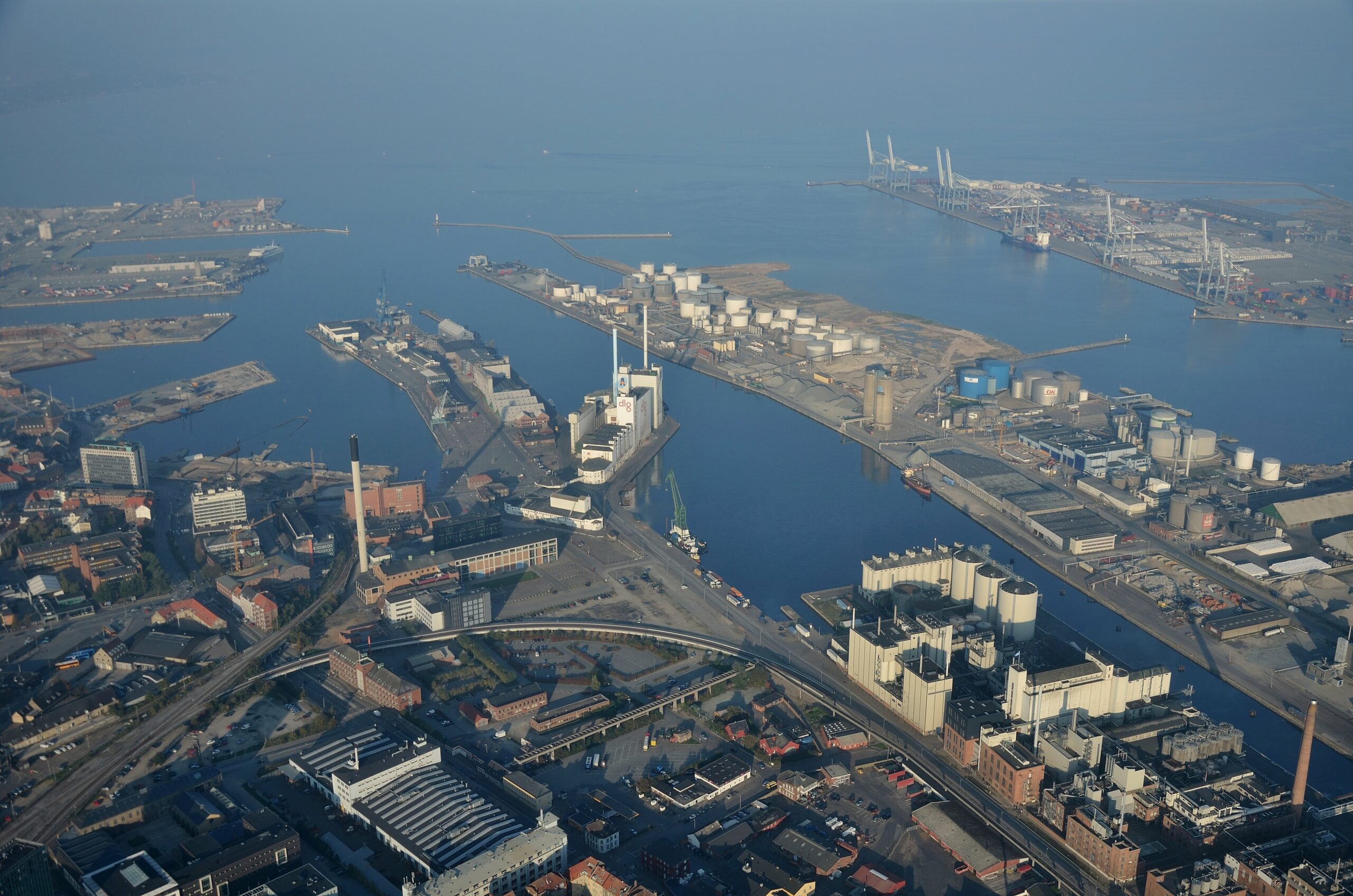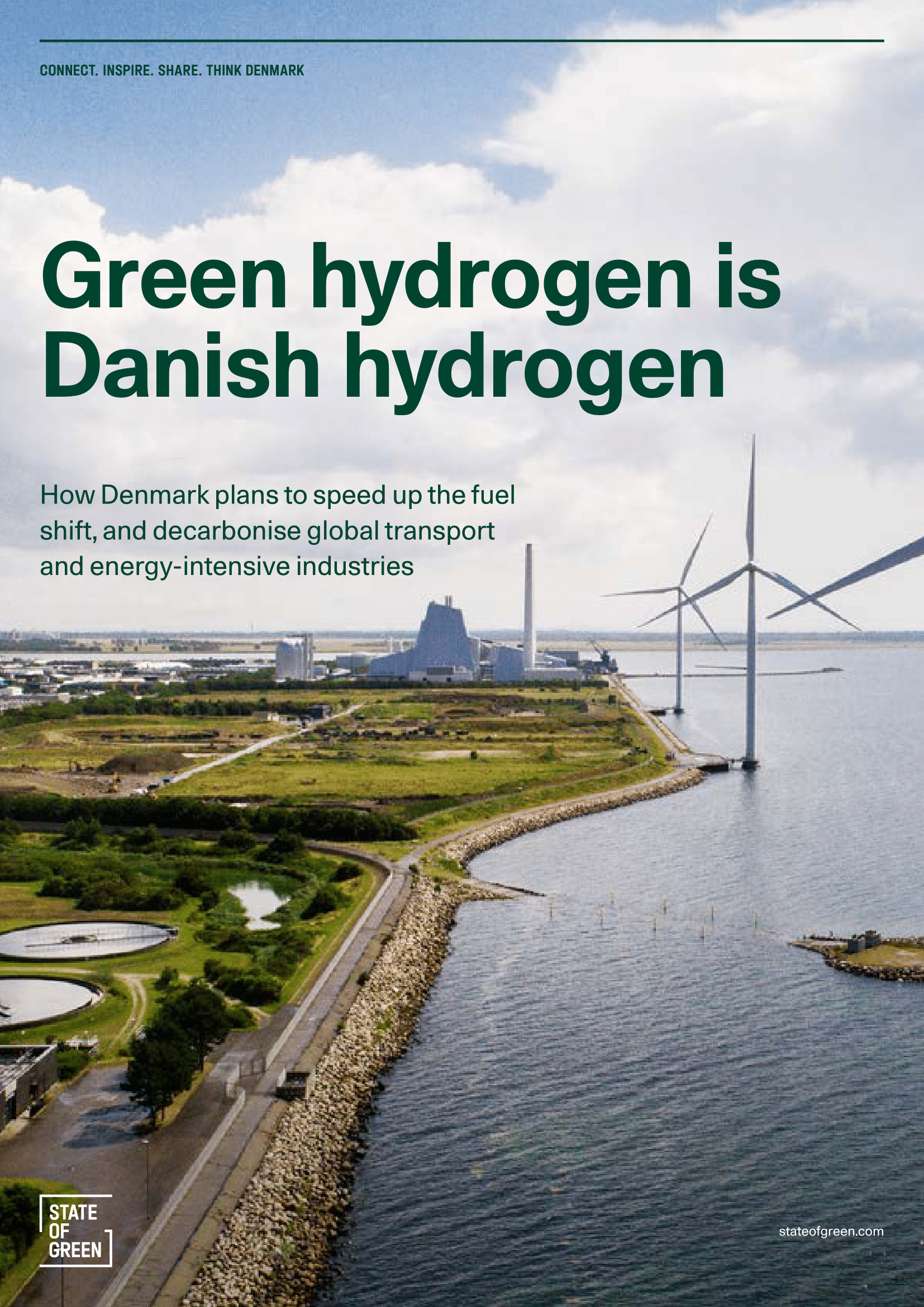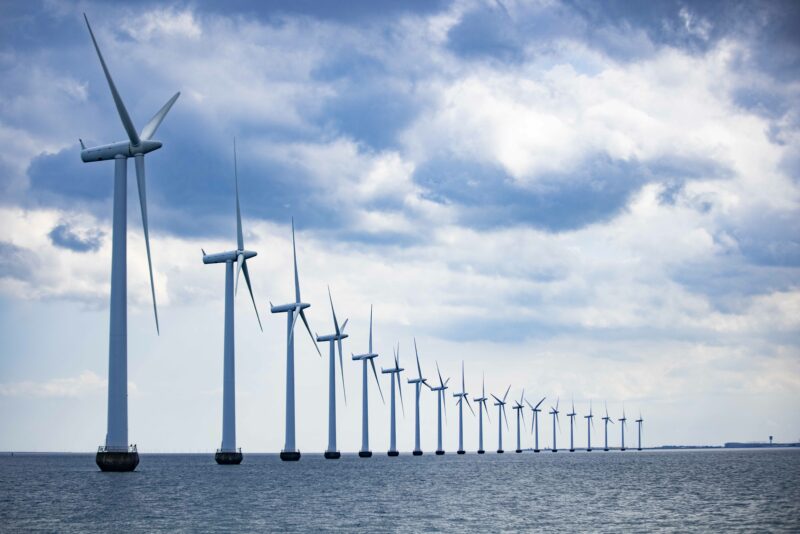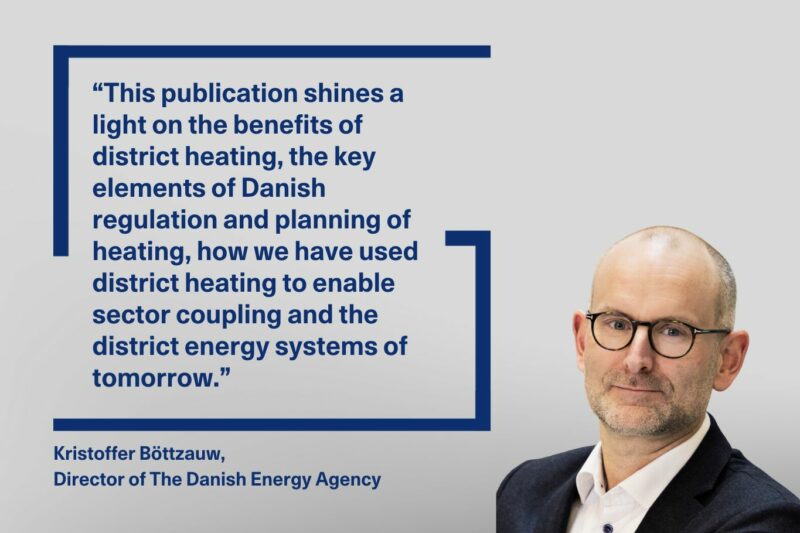Visionaries within fuel cells
In Denmark, visionary companies are developing and manufacturing alternatives to combustion engines and diesel generators, demonstrating remarkable expertise both onshore and offshore. Denmark’s competencies within fuel cells are driven by a combination of R&D, technical expertise, and a strong focus on sustainability.
Capabilities range from Proton Exchange Membrane (PEM) fuel cells and methanol fuel cell systems to high-temperature membrane solutions. The solutions can be applied to both mobile units for use in transportation and in a stationary state for industrial processes.
Technological strengths of the Danish maritime industry
Denmark has a strong maritime heritage. Combined with its commitment to renewable energy, Denmark is an ideal hub for offshore technology and innovation. In fact, the world’s first two-stroke engine capable of running on methanol was designed in Denmark. New developments in the industry go hand in hand with a great understanding of both ships and engines. This becomes important when retrofitting ships to run on methanol instead of diesel where the energy density is lower. Danish naval equipment manufacturers have processes and solutions which enable shipowners to meet regulatory requirements like the Carbon Intensity Indicator (CII) and the Energy Efficiency Existing Ship Index (EEXI).
Energy efficiency equals cost savings
Due to the energy loss in e-fuel production, maximising energy efficiency becomes important. To achieve energy efficiency, various measures can be implemented. In ships, for example, technological improvements like advanced propulsion and cooling systems, as well as optimised ventilation, can contribute to energy savings.
Operational strategies like adjusted sailing speed, route planning, port waiting time, and space utilisation can also reduce energy use. Energy efficiency plays a critical role in unlocking the full potential of e-fuels, as it directly translates into cost savings. Reducing the amount of energy needed to produce, store, and transport e-fuels minimises their production costs, which is crucial for promoting widespread adoption of e-fuels in industry and transport, and making them competitive alternatives to conventional fossil fuels.


















